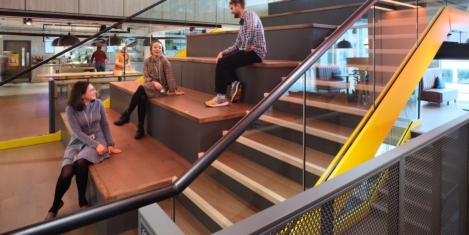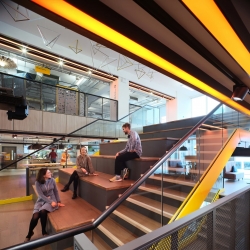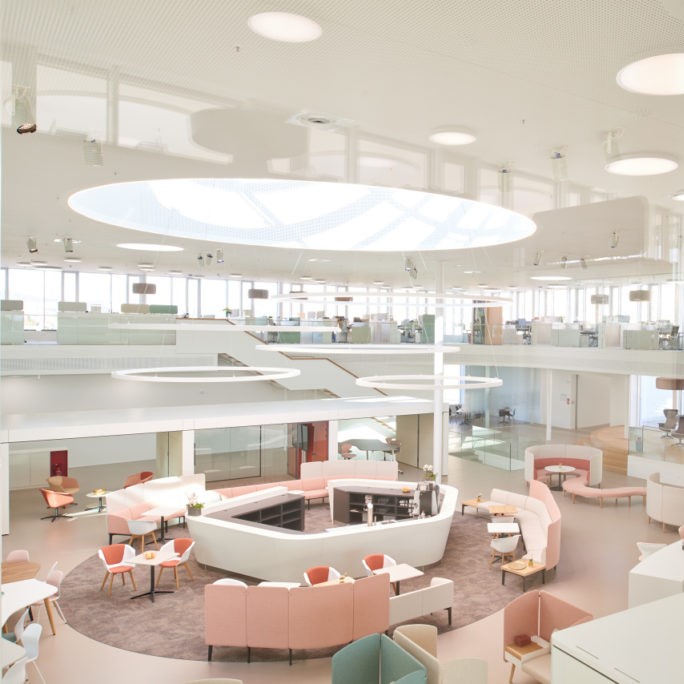May 11, 2022
Job dissatisfaction is rife among senior executives – and hybrid working doesn’t help
 Widespread job dissatisfaction means a large proportion of senior executives from top US companies plan to leave their organisations in the next two years, according to a new report from KellyOCG. According to the 2022 KellyOCG Global Workforce Report – Re:work – there’s a significant disconnect between employees’ expectations and the support employers provide. Through a survey of C-suite leaders, board members, department heads, directors, and managers in 12 countries, including the United States and Canada, the report claims that 78 percent of US executives and 52 percent of Canadian executives, compared to 72 percent of leaders globally, aim to leave their jobs by 2024. More →
Widespread job dissatisfaction means a large proportion of senior executives from top US companies plan to leave their organisations in the next two years, according to a new report from KellyOCG. According to the 2022 KellyOCG Global Workforce Report – Re:work – there’s a significant disconnect between employees’ expectations and the support employers provide. Through a survey of C-suite leaders, board members, department heads, directors, and managers in 12 countries, including the United States and Canada, the report claims that 78 percent of US executives and 52 percent of Canadian executives, compared to 72 percent of leaders globally, aim to leave their jobs by 2024. More →










 Six workplaces across the North of England and Northern Ireland have been recognised at the annual British Council for Offices (BCO) Regional Awards today. The Northern BCO Awards dinner returned in-person to the Kimpton Clocktower in Manchester, recognising the North’s highest quality developments and setting the standard for excellence in the office sector across the UK.
Six workplaces across the North of England and Northern Ireland have been recognised at the annual British Council for Offices (BCO) Regional Awards today. The Northern BCO Awards dinner returned in-person to the Kimpton Clocktower in Manchester, recognising the North’s highest quality developments and setting the standard for excellence in the office sector across the UK. 


 Employees with full autonomy to choose where they work are happier in their job, yet only one in five are currently able to do so. And though 60 percent of all employees prefer hybrid working, only 39 percent are able to flexibly split their time between the home and office. This is according to Jabra’s 2022 edition of the
Employees with full autonomy to choose where they work are happier in their job, yet only one in five are currently able to do so. And though 60 percent of all employees prefer hybrid working, only 39 percent are able to flexibly split their time between the home and office. This is according to Jabra’s 2022 edition of the 



















May 9, 2022
Human resources professionals should focus on boardroom partnerships
by Jeanette Wheeler • Comment, Workplace